
Tag Archives Agronomy

Adjusting production to lower prices is a slow process in crop agriculture
Aggregate crop production tends to remain steady in the face of lower prices, essentially locking in low prices for long periods of time

Soybeans — the ‘kitchen sink’ strategy works, but…
Ontario trials suggest early seeding is the best and cheapest management practice
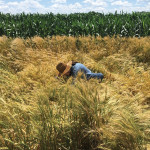
Determining the best seeding rate for hard red spring wheat
An NDSU researcher finds that different varieties also have different tillering capacities

App will identify bugs and outbreaks in real time
Farmers and agronomists sought for testing app that will allow reporting and tracking of insect outbreaks

Survey to gauge changes in crop rotation
Data needed to measure climate benefit from changes farmers already made
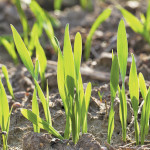
Some don’t like it hot — and that’s key to big wheat yields
Wheat growers should start thinking about frost seeding or 24-hour seeding shifts to get their crop in the ground as early as possible
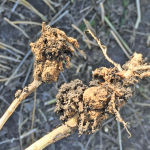
Two fields of canola with clubroot galls found near Swan River
MAFRD’s advice remains the same: soil test for the pest, extend canola in the rotation and seed resistant varieties if appropriate
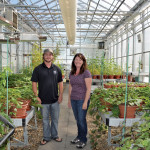
College to build weed identification garden
Assiniboine Community College looks to establish a weed identification garden to house more than 80 of Manitoba’s most common annual and perennial weeds

2015 MCVET winter wheat, fall rye data released
Farmers can use this data to make head-to-head comparisons of varietal performance at specific sites
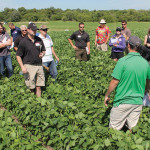
Black earth doesn’t equate to warmer soil temperatures
Spaces went fast for this year’s Manitoba Pulse & Soybean Growers SMART Day


